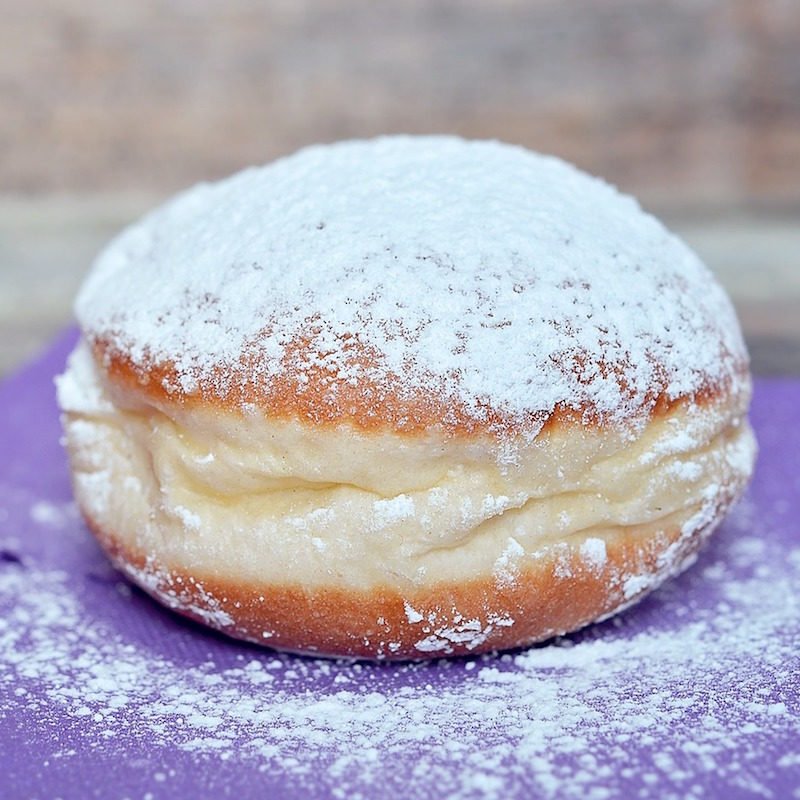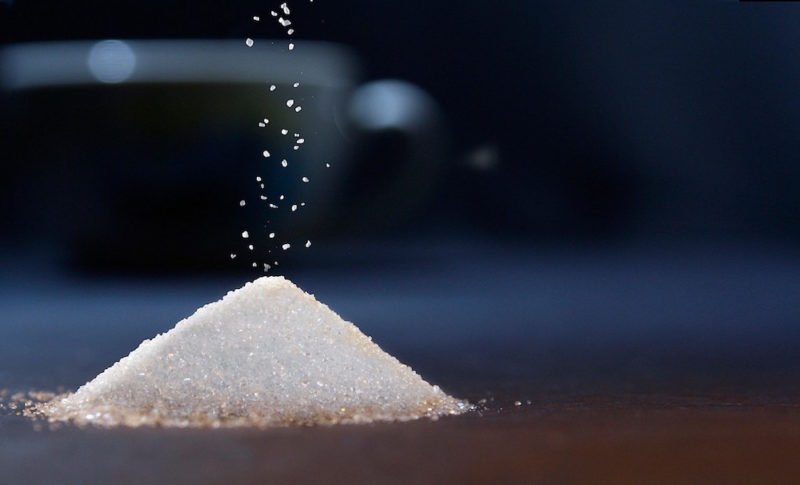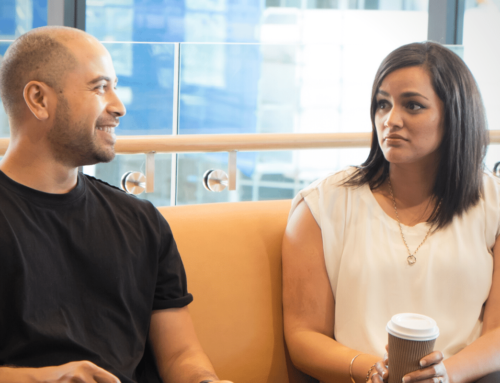 I write about sugar from time to time, most recently in The Seattle Times (“The two faces of sugar: natural vs. added“), previously on this blog, and here and there elsewhere.
I write about sugar from time to time, most recently in The Seattle Times (“The two faces of sugar: natural vs. added“), previously on this blog, and here and there elsewhere.
It’s clear that eating or drinking excessive amounts of sugar is detrimental to health. Thanks to recent revelations, it’s also clear that the sugar industry did a very good job at burying that fact (and diverting the blame to fat) for decades. While that angers me, I’m also not particularly pleased at the turn the sugar story has taken: namely, that it’s poison.
Think about that word for a second: poison. When you were five, and your mother baked you a cake for your birthday, was she poisoning you? I suppose the argument could be made that there are fast-acting poisons, and slow-acting poisons, and a lifetime of eating a lot of sugar, especially if you are eating sugary foods instead of more nutritious foods, could slowly bring about an earlier death than what you would have experienced otherwise.
Putting the “Poison” in Perspective
That said, I still reject the idea of sugar as poison, even though it’s selling a lot of books for a few authors right now, because if something was truly poisonous, you might want to purge all traces of it from your food. And that can be equally unhealthy, for a different reason.
There’s a saying, that when you take something to its absolute extreme, it becomes its opposite. So in the case of sugar, while it may be a healthy move to reduce the amount you eat or drink (more on that in a minute), the amount of obsessiveness it would take to adopt a zero sugar diet is decidedly not healthy. (See: “When healthy eating becomes an unhealthy obsession“). I know, because I did it briefly several years ago.
The upside was that it was an interesting education in where added sugars hide, the downside is that I was thinking about food way more than was necessary (hindsight is 20-20). That level of obsessiveness is really only warranted when someone has a serious food allergy or a condition like celiac disease, where you have to avoid even traces of gluten, or phenylketonuria (PKU), when you need to avoid foods with the amino acid phenylalanine.
When I wrote my recent Seattle Times column, it was because I see so many patients who are either trying to severely limit fruit because of the sugar (even though it’s natural sugar), or conversely eating large amounts of fruit because they learned in Weight Watchers that fruit is a “free food” (ironically, a few of those patients didn’t even like fruit very much).

Taking A Sugar Inventory
Yes, too much added sugar can take a toll on your nutritional status and on your health. The key words there are “too much.” How much is too much? That’s hard to say. If I’m meeting a patient for the first time and I find that sugar is scattered all through their day: pastries and a mocha for breakfast, sweetened yogurt with lunch, a big cookie with afternoon coffee, candy snatched from the office dish, dessert after dinner, and so on, then we’ll have a talk. Not that any of those foods are off limits, by any means, but it’s the sum total of them that isn’t ideal.
What does this mean for you? Take note of how many foods and beverages you consume in the course of a typical day that have sugar added to them. If you realize, “Wow, I am eating and drinking a lot of added sugar,” ask yourself why.
- Is it because these foods are convenient and handy?
- Is it because you have a lot of stress in your day and sugary foods make you feel better?
- Is it because your palate tends to gravitate towards sweet foods?
What To Do With What You Learn
It’s true that sweet foods are everywhere, and if you are in the habit of flying by the seat of your pants (aka, not planning) your meals and snacks, it’s easy to fall into the sugar trap, relying on what you can get for breakfast at Starbucks or for a snack in the office vending machine. It’s also true that many of us have lives (at work or not) that are stressful, and sometimes we can’t (or don’t feel we can) take the time to have a real breather. Instead, something sugary becomes a quick fix. And if you’re used to eating sweet, it can be and adjustment to dial it back, but it can be done!
Maybe you pick one point in your eating day, say breakfast, and come up with a few nutritious, quick and tasty alternatives to your morning scone. Or you decide to eschew the office candy dish, because you’ve realized that your hand gravitates toward it mindlessly, like you’re on autopilot. Maybe you decide that your evening square of chocolate and waffles on Sunday will remain an enjoyable part of your life.
If you consider yourself to be someone with raging sweet tooth, and possibly that and you’re a sugar addict, be careful…it may become a self-fulfilling prophecy. Tell yourself over and over again that you can’t control yourself around sugar, than guess what, you won’t be able to. And that’s a topic for another day.






